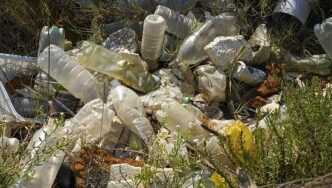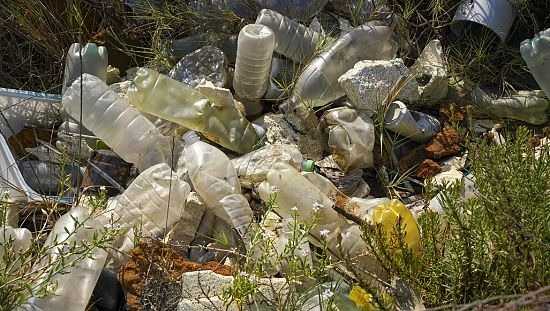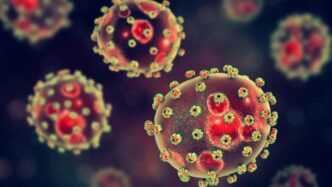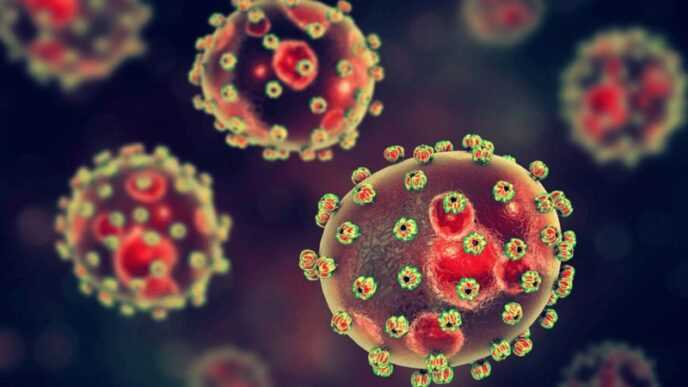Plastic pollution is becoming an urgent crisis in Uganda’s agricultural sector, as increasing levels of plastic waste contaminate farmland and food supplies. Farmers and environmentalists are raising concerns over the impact of microplastics on soil fertility, crop yields, and human health.
Plastic Waste Threatens Agriculture
In recent years, Uganda has experienced a surge in plastic pollution, particularly in urban and peri-urban farming regions. Discarded plastic bags, bottles, and packaging materials often find their way into agricultural fields, breaking down into microplastics that alter soil composition. Studies suggest that these plastic particles reduce soil aeration, hinder water retention, and introduce toxic chemicals that could impact food safety.
Farmers in districts like Wakiso, Mukono, and Kampala have reported difficulties in cultivating healthy crops due to the presence of non-biodegradable materials in their soil. “Our harvests are decreasing because plastic residues are everywhere in the fields. They interfere with root growth and soil nutrients,” says James Okello, a small-scale farmer in Wakiso.
Health and Food Safety Risks
Experts warn that plastics not only affect crop production but also pose serious health risks. When plastic-contaminated food is consumed, toxic chemicals such as phthalates and bisphenols may accumulate in the human body, increasing the risk of various illnesses. Recent research has indicated that microplastics have been found in fish, fruits, and vegetables sold in Ugandan markets, raising concerns about long-term health implications.
Environmentalists emphasize that improper plastic disposal, combined with limited recycling efforts, has worsened the situation. “The government must enforce stricter policies on plastic waste management. Farmers should also be educated on sustainable farming techniques that reduce dependency on plastic-based materials,” suggests Dr. Sarah Tumwine, an environmental scientist at Makerere University.
Seeking Solutions
Uganda has previously attempted to regulate plastic use, including a ban on plastic bags (commonly known as kaveera), but enforcement has been weak. Activists are calling for stronger government intervention, improved waste collection systems, and increased public awareness campaigns. Some farmers have begun adopting organic farming methods and biodegradable packaging to mitigate the impact of plastics.
As Uganda grapples with this environmental challenge, stakeholders in agriculture, health, and environmental sectors stress the urgent need for collective action. Without immediate intervention, the continued infiltration of plastics into farming lands could threaten food security, public health, and the country’s long-term agricultural sustainability.
Read also: Prince Harry Faces Bullying Claims












